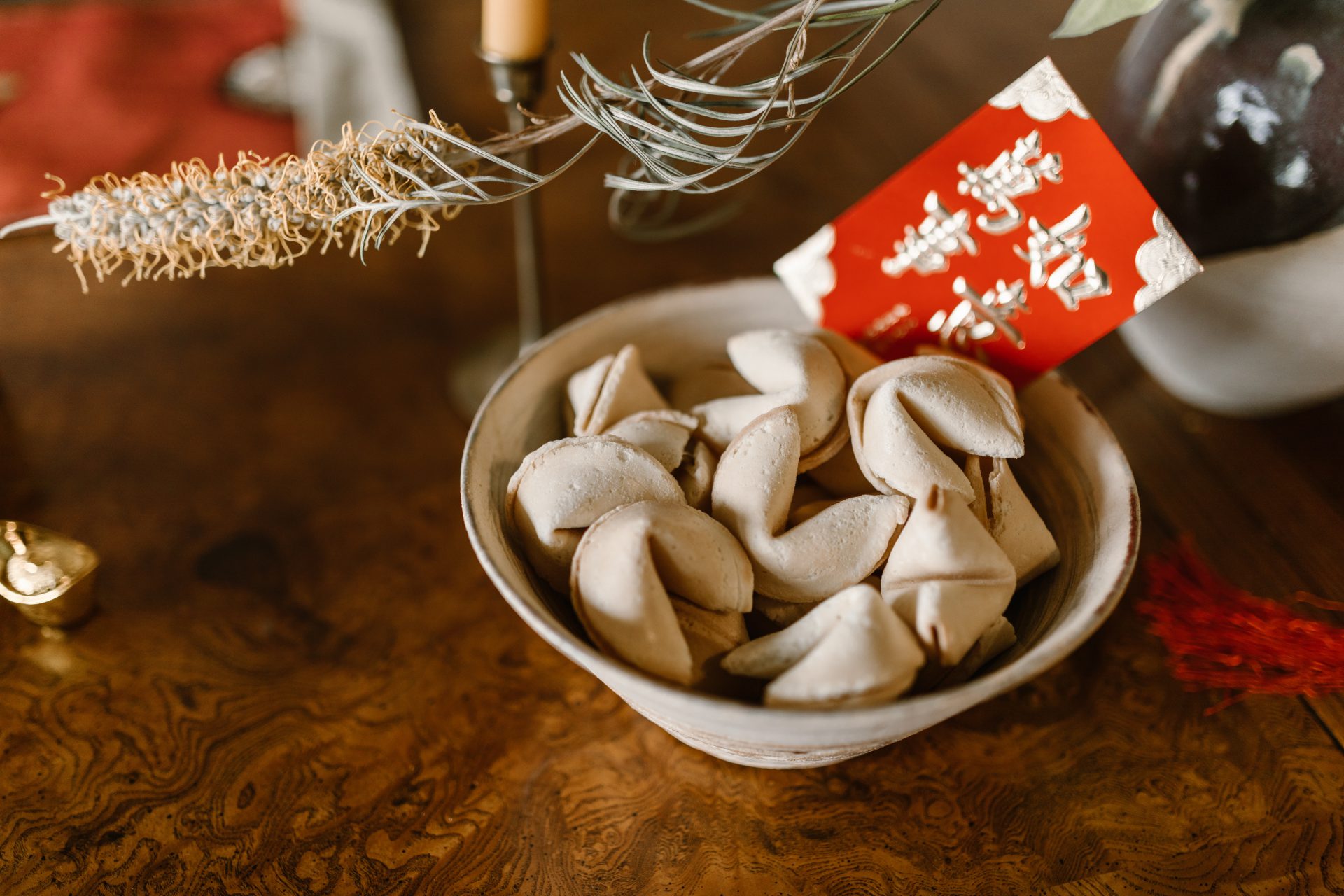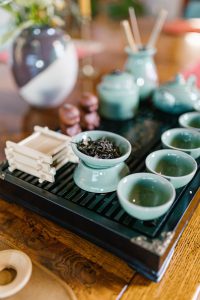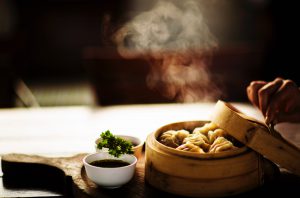
- Readers Rating
- No Rating Yet!
- Your Rating
Chinese New Year, also known as the Spring Festival, is one of the most significant and eagerly anticipated festivals in Chinese culture. This millennia-old celebration marks the beginning of the Chinese lunar year and is replete with fascinating traditions, symbolism, and, of course, delicious dishes. In this article, we will delve into Chinese New Year recipes in detail, their traditional dishes, and the customs that make this festival so special.
The Meaning of Chinese New Year
Chinese New Year is governed by the lunar calendar, which means the exact date varies every year, usually falling between January 21 and February 20. Each Chinese New Year is associated with one of the twelve animals of the Chinese zodiac and an element, creating a 60-year cycle. In 2023, we celebrate the Year of the Water Rabbit.
Chinese New Year represents a time of renewal, hope, and family reunion. For the Chinese, it’s an opportunity to leave behind the worries of the past year and welcome the next with enthusiasm and optimism.
Cleaning the House and Decorations
Before Chinese New Year, Chinese families engage in a thorough cleaning of their homes. It is believed that this helps to remove bad luck and negative energies, making room for good fortune. In addition to cleaning, decoration plays a crucial role. The color red dominates this festival as it symbolizes good luck and prosperity. Families hang posters with auspicious Chinese characters and red lanterns in their homes.
Family Reunions
Chinese New Year is a time for families to come together. People who work far from their homes return to be with their loved ones. The New Year’s Eve dinner, known as ‘Nian Ye Fan,’ is one of the most important meals of the year. Families sit together at the table to share traditional Chinese New Year recipes and strengthen family bonds.

The Chinese New Year’s Eve Dinner
The Chinese New Year’s Eve dinner is a spectacular culinary celebration. The dishes served at this dinner are carefully chosen for their symbolism and auspicious meaning. Here is a list of some traditional dishes that can be found on the table:
- Dumplings (Jiaozi): Dumplings, small pockets of dough filled with various ingredients, are a staple at the Chinese New Year’s Eve dinner. Their shape resembles ancient Chinese coins, symbolizing prosperity and wealth.
- Fish (Yu): Fish is served whole and is associated with abundance. The pronunciation of the word “fish” in Chinese sounds very similar to the word “enough” or “surplus,” making it a symbol of plenty.
- Chicken (Ji): Chicken represents family and reunion. It is common to cook steamed or slow-cooked chicken during this festival.
- Longevity Noodles (Changshou Mian): Long noodles are associated with longevity. It is believed that the longer the noodles, the longer one’s life will be.
- Sticky Rice Cakes (Nian Gao): Nian Gao, a sticky rice cake, is consumed during this festival due to its name, which sounds like “advance” or “year after year high.” It is a symbol of progress and advancement.
- Leafy Greens: These represent prosperity and continuous growth. Leafy greens are served in the form of sprouts or lettuce.
- Nuts and Seeds: Nuts and seeds are considered symbols of fertility and wealth.
- Bitter Melon Soup (Ku Gua Tang): Despite its bitter taste, this soup is consumed because it is believed to ward off bad luck.
- Spring Rolls (Chun Juan): Spring rolls resemble gold ingots, making them symbols of wealth and fortune.
Chinese New Year Traditions and Rituals
Chinese New Year is full of meaningful rituals and customs. Some of the most prominent ones include:
- Red Envelopes (Hong Bao): Married adults give red envelopes filled with money to children and young singles. This symbolizes the transfer of good luck and prosperity.
- Temple Visits (Bai Bai Gong): People visit temples and shrines to pray for health and happiness in the new year. They also burn incense and make offerings.
- Dragon and Lion Dances: The streets come alive with colorful parades featuring dragon and lion dances. These animals are believed to bring good luck and ward off evil spirits.
- Firecrackers and Fireworks: The noise from firecrackers and fireworks is used to drive away malevolent spirits and welcome the new year with joy and positive energy.
- Fortune Telling (Shu Fa): People seek answers to their questions through oracles or predictions from fortune tellers during this time of the year.

The 15-Day Festival and Lantern Festival
Chinese New Year doesn’t end with the New Year’s Eve dinner. The celebration extends over a period of fifteen days, culminating in the Lantern Festival. During this time, various activities are celebrated, such as opera performances, parades, and street food festivals. Decorative red lanterns fill the streets and parks, creating a festive atmosphere.
The Cultural Significance of Chinese New Year
Chinese New Year is more than just a celebration; it is an expression of China’s rich cultural heritage. Through culinary traditions and rituals, values like family unity, respect for ancestors, and the pursuit of prosperity are conveyed. This festival is also a time to honor China’s history and identity.
Conclusion
Chinese New Year is an exciting holiday that combines rich tradition, deep symbolism, and delicious food. Chinese New Year recipes served during the New Year’s Eve dinner are much more than tasty dishes; they are symbols of hope and prosperity. Moreover, the traditions and rituals surrounding this celebration make it a unique cultural experience.
Whether you celebrate Chinese New Year as part of the Chinese community or simply wish to explore this fascinating culture, this holiday offers a profound insight into Chinese history and beliefs. From the New Year’s Eve dinner to the Lantern Festival, every aspect of this celebration has its own meaning and purpose, making it one of the most special and significant holidays in the world.
So, the next time Chinese New Year comes around, don’t hesitate to join in the celebration, savor the delicious dishes, and experience the unique traditions of this festival. Kung Hei Fat Choi! (Wishing you a prosperous New Year!)
Did you enjoy learning about Chinese New Year recipes? In our mentta blog, we have many interesting culinary articles.
